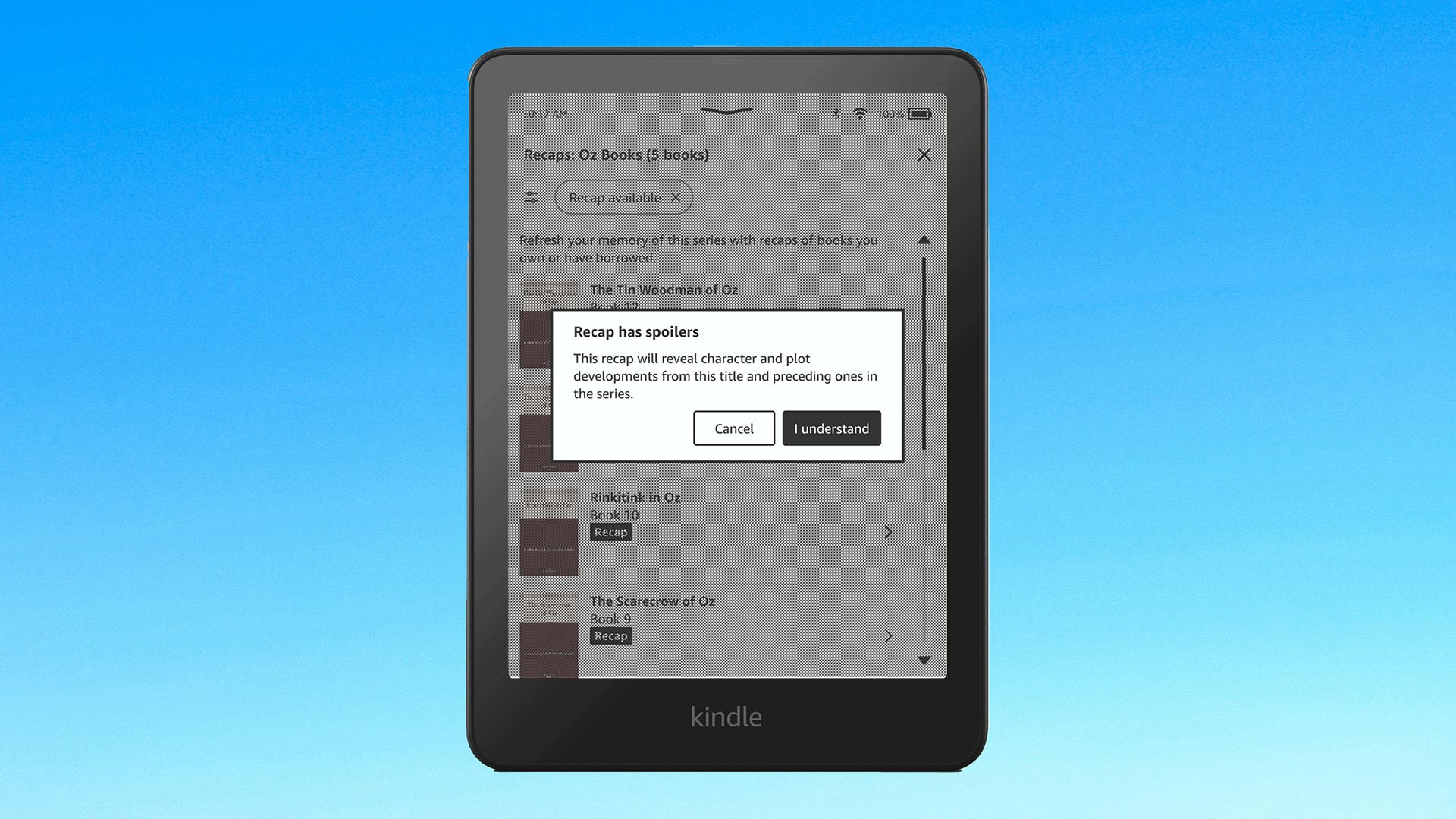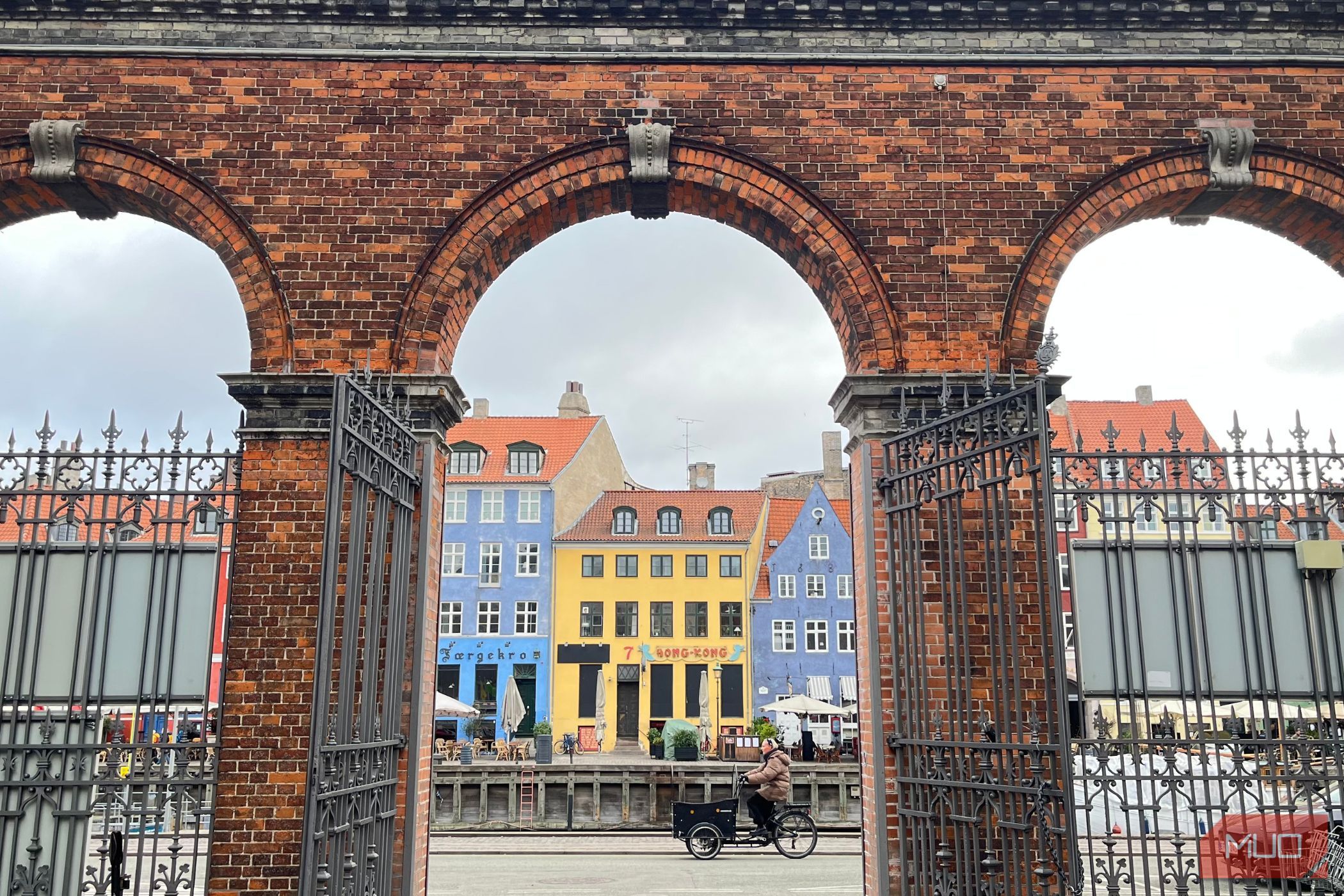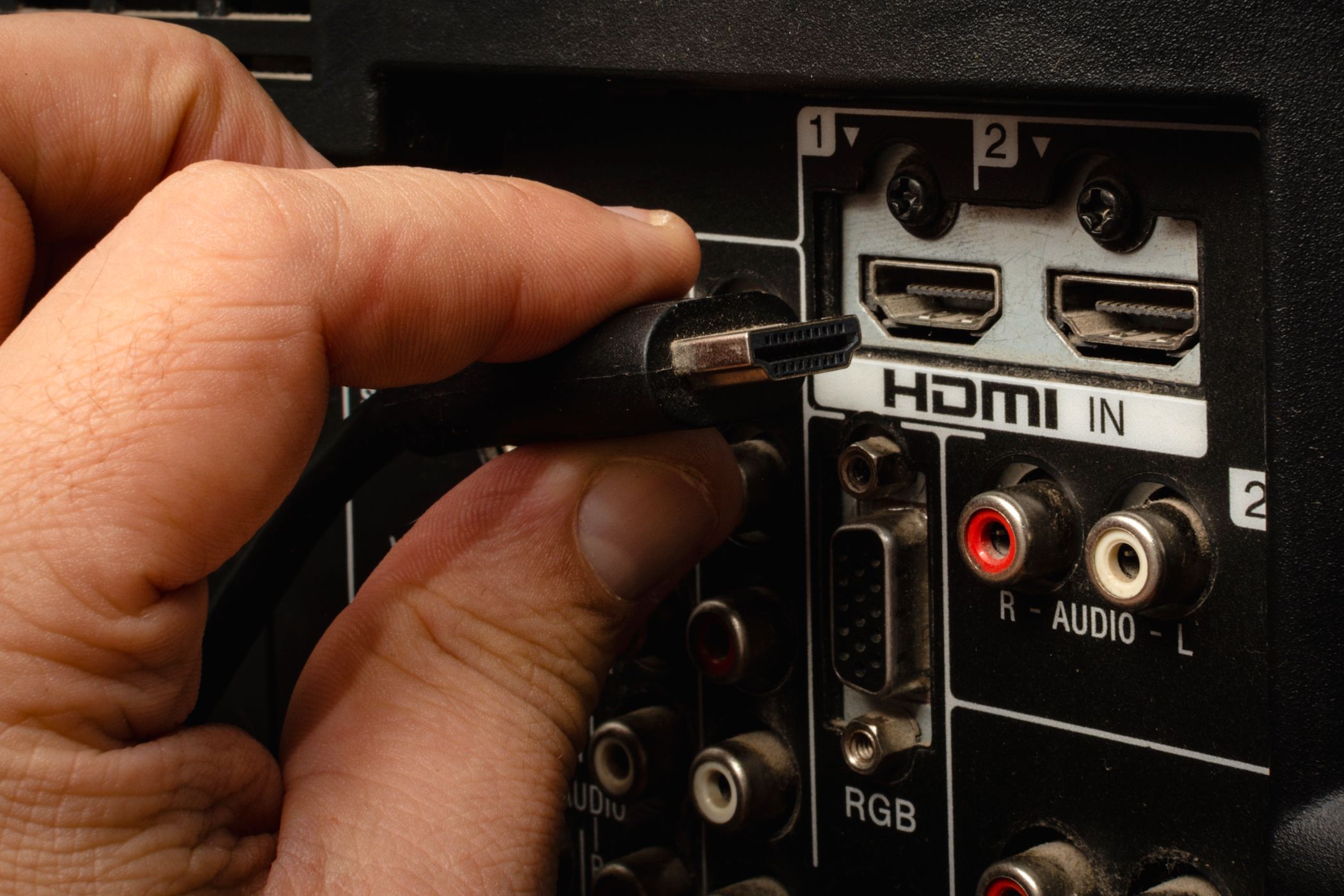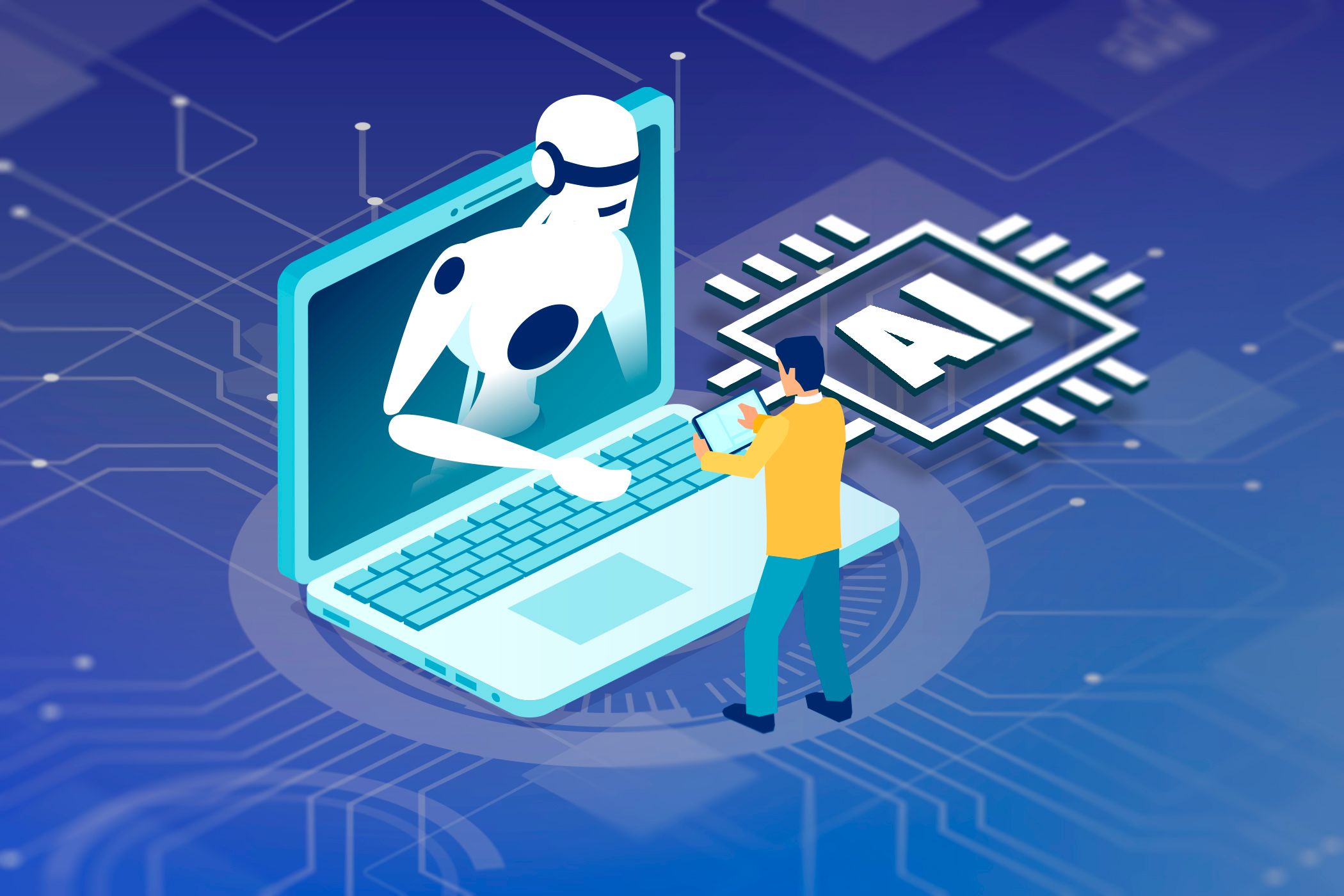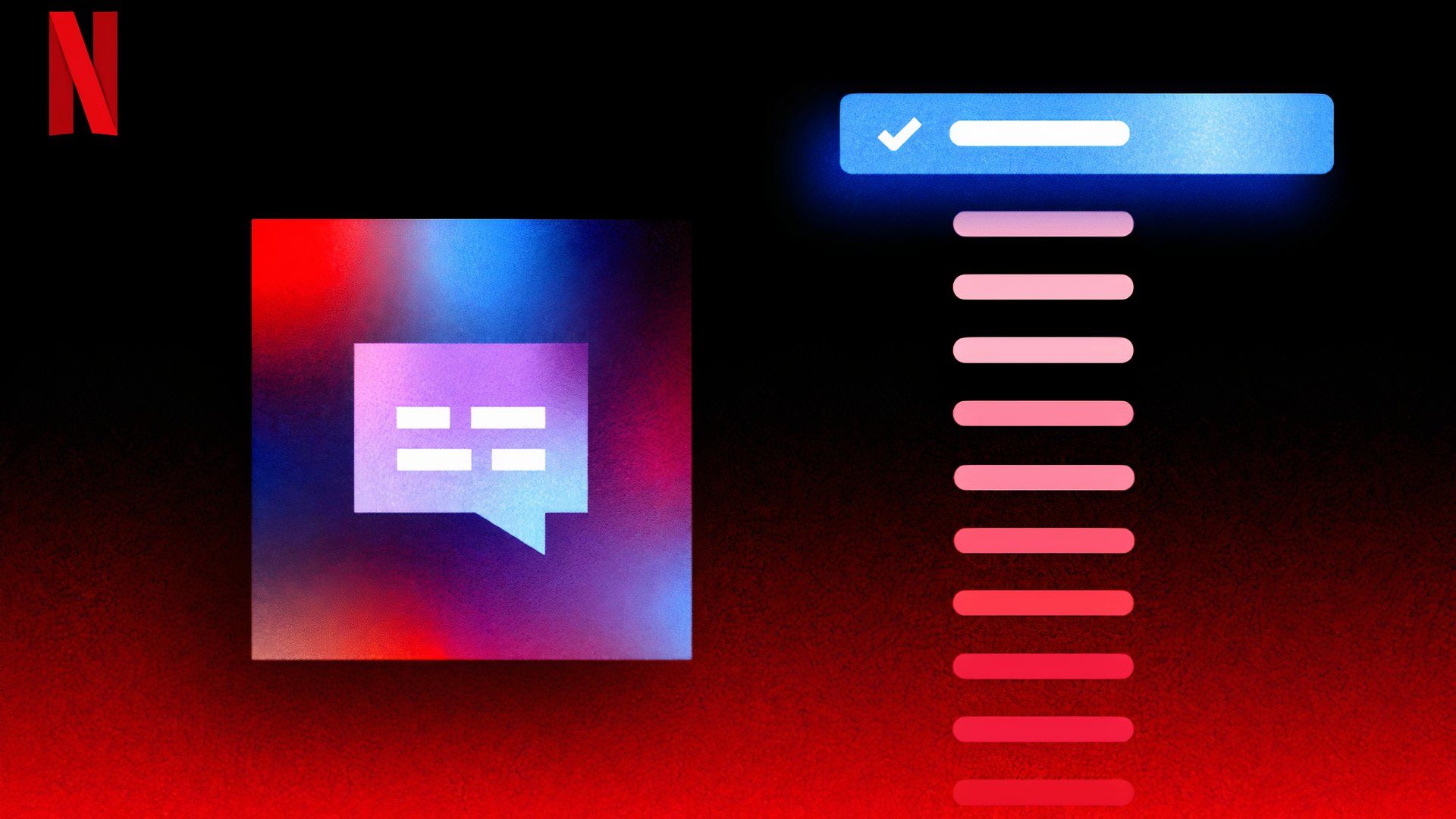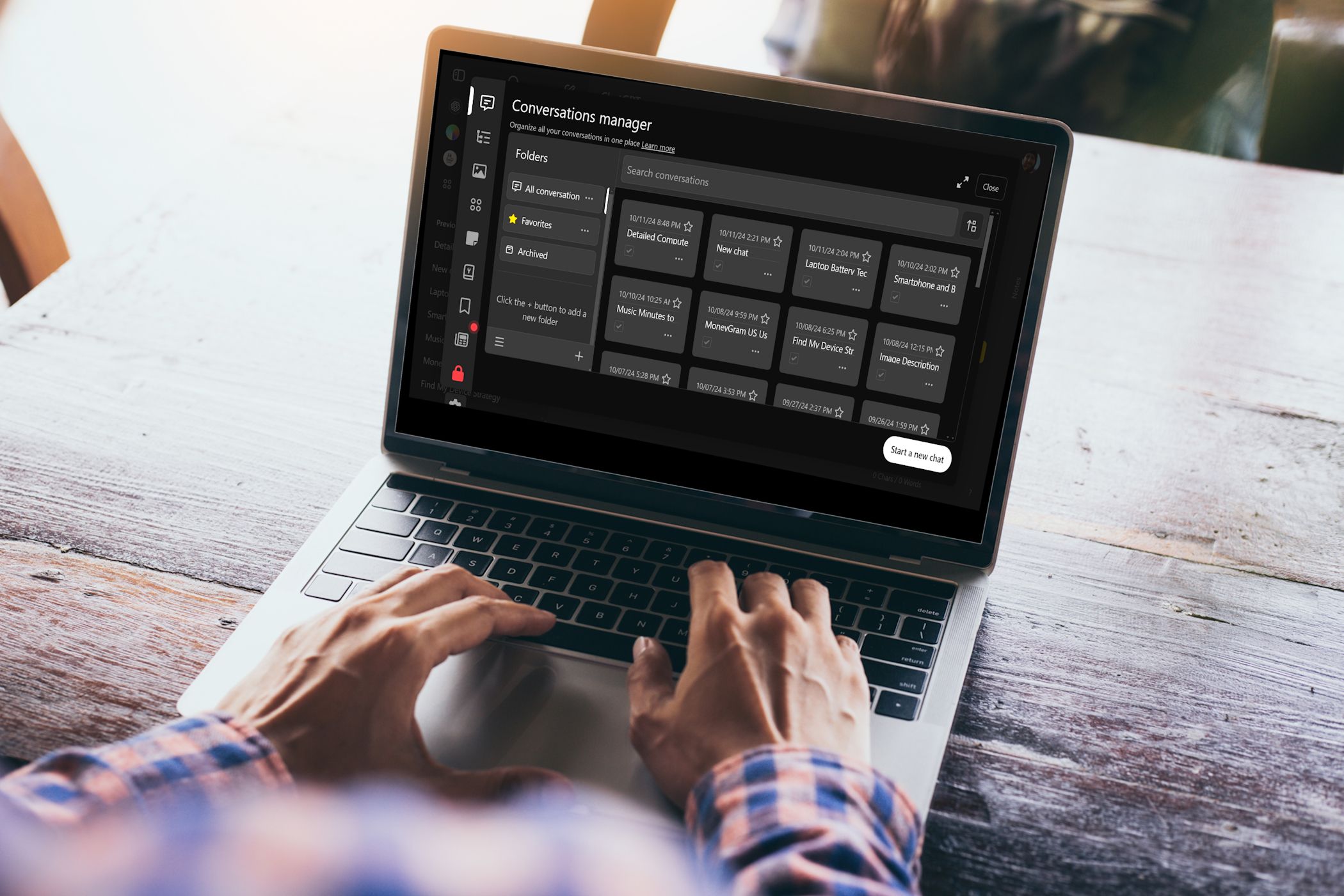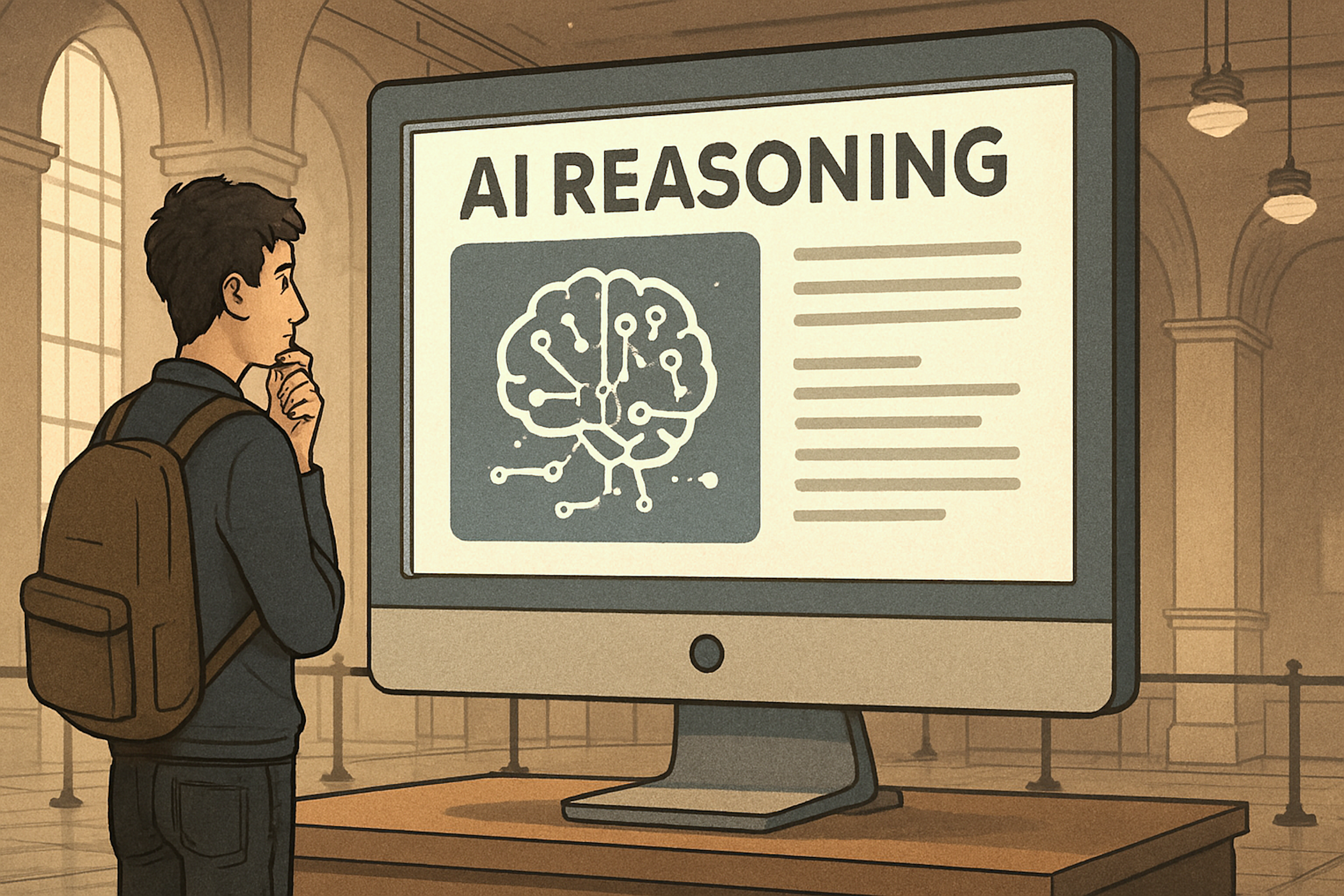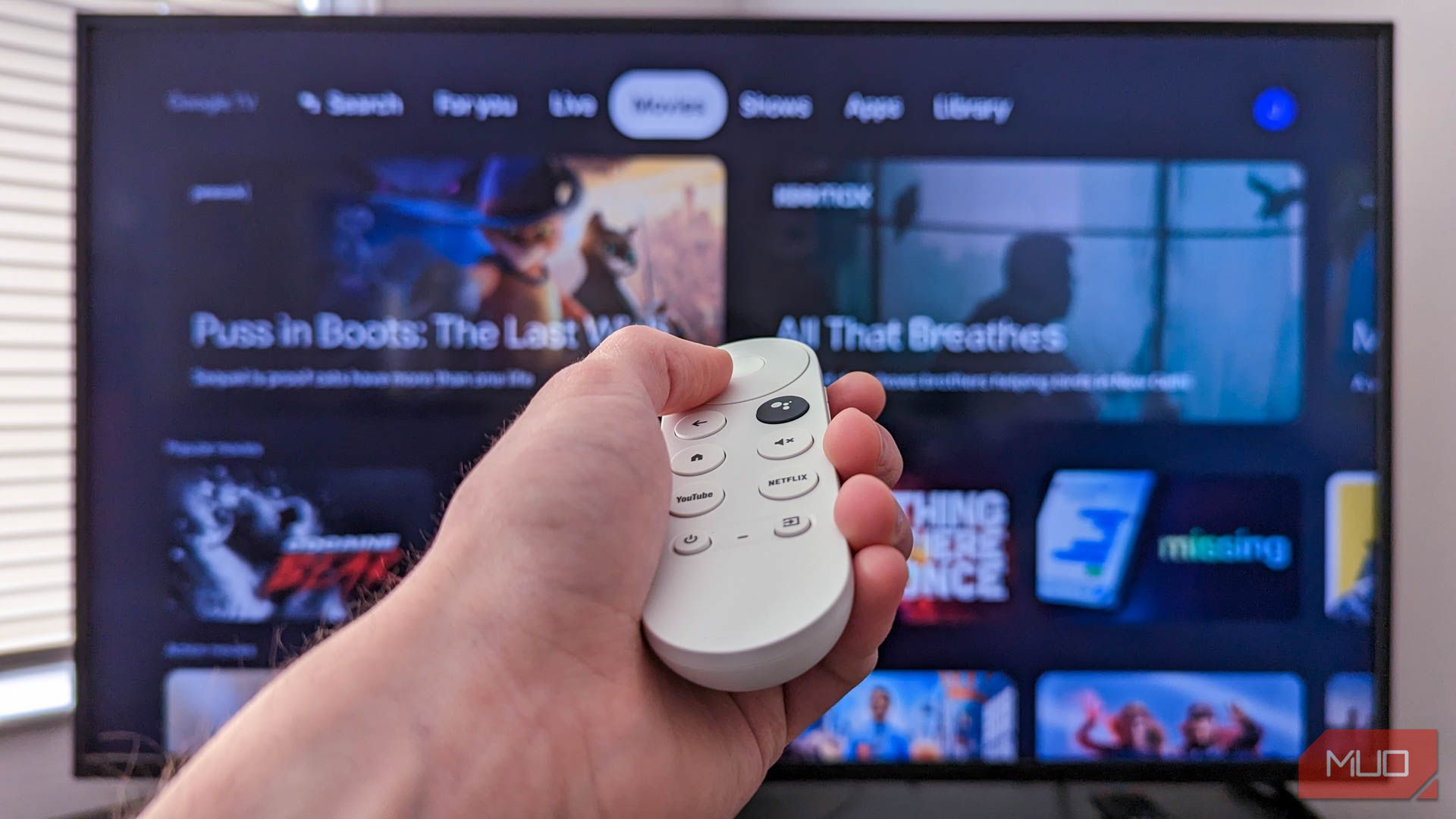The next few years are likely to be transformative for AI, and, as a result, transformative for the job market we’re all trying to navigate. However, according to OpenAI CEO Sam Altman, things are moving at an incredible pace, meaning that the first AI agents could join the workforce in 2025. And that could prove disastrous for some.
OpenAI Is Focusing on Superintelligence Over ChatGPT
OpenAI has been leading the charge for generative AI over the past few years. With ChatGPT being the name that’s broken through into mainstream consciousness, in the same way that Google became synonymous with search. However, OpenAI is keen to move beyond its current products and focus on “superintelligence” instead.
Sam Altman, the CEO of OpenAI, spelled out his personal vision for where the company is going next in a blog post simply titled “Reflections”. In it, he reflects on the past few years before looking forward to what comes next.
The big takeaway is that Altman believes that OpenAI now knows “how to build AGI” (artificial general intelligence). And the company believes that “in 2025, we may see the first AI agents join the workforce and materially change the output of companies.” He goes on to say:
We love our current products, but we are here for the glorious future. With superintelligence, we can do anything else. Superintelligent tools could massively accelerate scientific discovery and innovation well beyond what we are capable of doing on our own, and in turn massively increase abundance and prosperity.
This all ties into OpenAI’s plans to become a for-profit company, with its nonprofit division pushed to one side. The company has plans to look way beyond ChatGPT and start building artificial general intelligence. And OpenAI clearly considers that unfeasible as a nonprofit.
Everything Changes When AI Agents Enter the Workforce
Artificial intelligence has already disrupted some job markets, including my own. While many people thought that manual tasks such as driving would be the first to be affected, the creative arts have been adversely affected by the rise of generative AI.
Now, as predicted by Altman and his cohorts at OpenAI, artificial intelligence is likely to disrupt even more people’s jobs. And possibly as soon as this year. Which will be good news for some, and bad news for others.
Ultimately, artificial intelligence could usher in a better future for humanity. With AI doing all the jobs humans don’t want to do, giving us greater freedoms than ever before. However, not only is that an optimistic viewpoint, getting from here to there means traveling a very bumpy road with lots of casualties along the way.
